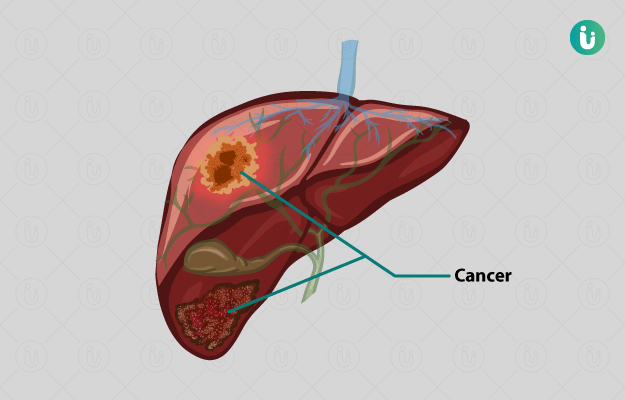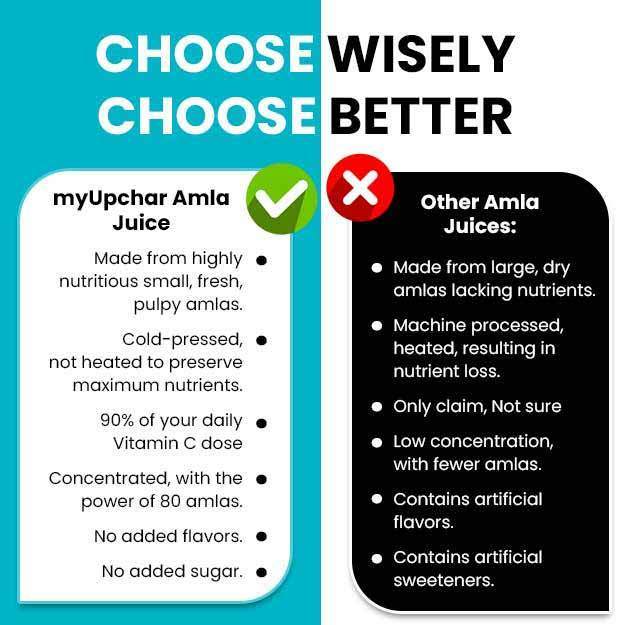What is Liver Cancer?
Liver cancer or hepatic cancer can be either a primary or secondary cancer. In other words, the origin of the condition may be either in the liver (primary) or may spread to the liver from other organs (secondary). However, the secondary form is more common than primary cancer.
Cancer is an abnormal growth of cells wherein the restraining mechanism of cell development is affected. This causes the cells to interfere with the normal working of the body organs. However, the liver may continue to function despite the detrimental effect of cancer and thus the condition may go undetected for a long time.
Primary liver cancer includes
- Hepatocellular carcinoma (HCC)
- Fibrolamellar cancer
- Intrahepatic cholangiocarcinoma
- Liver angiosarcoma
- Hepatoblastoma

 Doctors for Liver Cancer
Doctors for Liver Cancer  OTC Medicines for Liver Cancer
OTC Medicines for Liver Cancer
 Liver Cancer articles
Liver Cancer articles

 Diet for Liver Cancer
Diet for Liver Cancer
















 Dt. Akanksha Mishra
Dt. Akanksha Mishra











